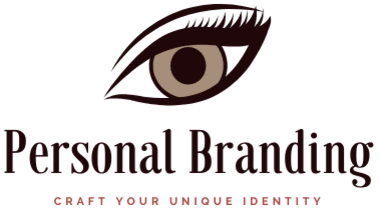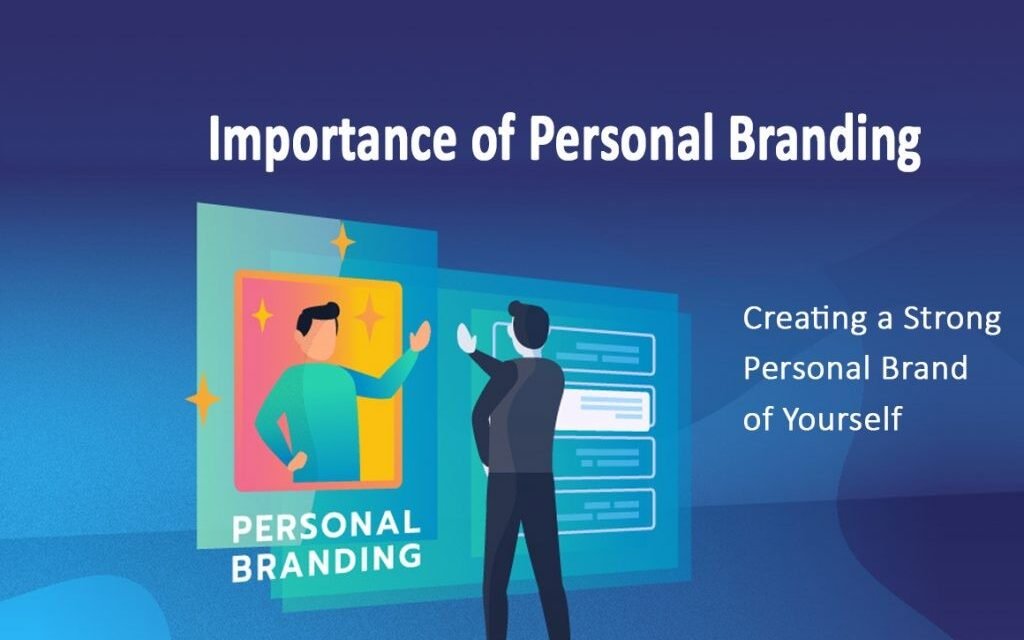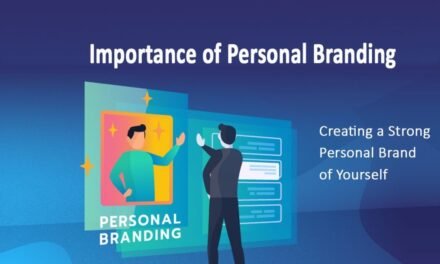Build Your Future: Brand Yourself for Success
In today’s fast-paced, highly competitive world, personal branding has become more essential than ever. Whether you are an entrepreneur, a freelancer, or an employee, creating a solid personal brand can unlock endless opportunities for career growth, recognition, and success. The concept of personal branding is no longer just a buzzword but a vital tool for standing out in your field and shaping your professional future. In this article, we will explore why personal branding is crucial and how you can effectively build and manage your own personal brand.
What is Personal Branding?
Personal branding is the practice of marketing yourself and your career as a brand. It’s about defining who you are, what you stand for, and how others perceive you. In simple terms, it’s the combination of your skills, experiences, values, and personality traits that make you unique. Your personal brand should reflect your authentic self and communicate your professional identity clearly and confidently.
The concept isn’t new; in fact, it’s been around for years, but in today’s digital age, personal branding has become a more powerful tool due to the accessibility of social media, online portfolios, and digital networking platforms. Your personal brand can shape perceptions, build credibility, and create lasting connections with your audience.
Why Build a Personal Brand?
1. Differentiation
In a crowded marketplace, personal branding helps you stand out. Whether you’re applying for jobs, seeking new clients, or looking to expand your professional network, a well-defined brand can make you easily recognizable. Instead of being just another applicant or another service provider, your personal brand allows you to highlight what makes you distinct and valuable. It’s a way to communicate your unique value proposition (UVP) clearly.
2. Career Opportunities
When you build a strong personal brand, you create new opportunities that might not have been available otherwise. By positioning yourself as an expert in your field, you increase your chances of being discovered by potential employers, clients, collaborators, or mentors. Networking becomes easier because people are more likely to approach someone with a strong online presence and a clear reputation.
3. Trust and Credibility
Consistency is key to building trust. By creating a consistent message across your digital platforms (social media, blog, website), you demonstrate reliability and professionalism. A solid personal brand positions you as an authority in your area of expertise, which can lead to higher-quality leads, better job offers, and greater respect in your industry.
4. Influence
Personal branding can establish you as a thought leader in your field. Whether through sharing insights, offering valuable content, or speaking at events, a strong personal brand gives you a platform to influence others. It opens doors to opportunities like guest speaking, media appearances, or collaborations, allowing you to expand your reach and impact.
5. Increased Visibility
Having a personal brand means being visible. In today’s world, people search online for solutions to their problems. If you are well-established in your field and have an active online presence, your personal brand ensures that when people search for what you do, they find you. Whether it’s through content marketing, social media posts, or SEO strategies, being visible helps you stay relevant.
Steps to Build Your Personal Brand
1. Define Your Purpose and Vision
The first step in building a personal brand is to define your purpose. What do you want to be known for? What are your passions, values, and skills? Your personal brand should be a reflection of your goals and vision for the future. Take time to think about what sets you apart from others and why people should choose to follow or work with you. A clear purpose will guide you throughout the entire branding process.
2. Identify Your Target Audience
Just like with any brand, your personal brand needs to speak to a specific audience. Understanding who your target audience is will help you create content and messaging that resonates with them. Are you targeting businesses, consumers, professionals, or a particular niche? Knowing your audience’s needs, pain points, and preferences will enable you to shape your brand message to suit them best.
3. Develop Your Unique Value Proposition (UVP)
What makes you stand out from others in your field? Your UVP is the core of your personal brand and it’s what you will use to differentiate yourself. It could be your skills, experiences, or the results you achieve. Your UVP needs to be communicated clearly in everything you do—from your online profiles to your website to your social media posts.
4. Craft Your Story
One of the most powerful tools for personal branding is storytelling. Your personal journey, struggles, victories, and lessons learned form the narrative of your brand. Share your experiences with authenticity, as stories resonate deeply with people. By telling your story, you build an emotional connection with your audience, helping them relate to you on a personal level.
5. Build an Online Presence
In today’s digital age, a strong online presence is essential for a successful personal brand. Start by creating a professional website that reflects your skills, experience, and values. Ensure that your website is user-friendly, responsive, and provides value to your audience.
Next, make use of social media platforms like LinkedIn, Instagram, Twitter, or YouTube to showcase your expertise, share insights, and engage with your audience. Each platform serves a unique purpose, so ensure that your content aligns with the expectations of each one. For example, LinkedIn is more professional, while Instagram may focus on lifestyle and personal experiences.
6. Content Creation and Sharing
Content creation is an effective way to demonstrate your expertise and build authority in your field. Whether it’s through blogs, videos, podcasts, or infographics, consistent content creation helps you stay visible and relevant. Create content that adds value to your audience and aligns with your brand message.
7. Networking and Relationship Building
Personal branding isn’t just about self-promotion; it’s about building relationships with others in your industry. Engage with others on social media, attend events (both online and offline), and reach out to like-minded individuals. Building a network of supporters and collaborators is a crucial part of growing your brand.
8. Consistency is Key
Consistency across all your platforms and interactions is critical to maintaining a strong personal brand. From your visual identity (like your logo and color scheme) to your messaging, everything should align. This helps create a cohesive experience for your audience and reinforces your brand’s values and purpose.
9. Seek Feedback and Evolve
Your personal brand is a living, breathing entity, and it should evolve as you grow. Continuously seek feedback from your audience and peers, and use that input to improve your brand. Stay open to change and adapt your approach as needed.



